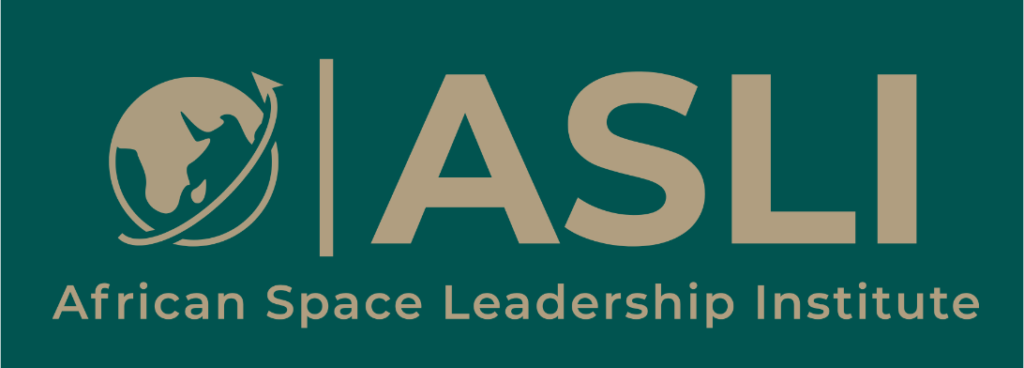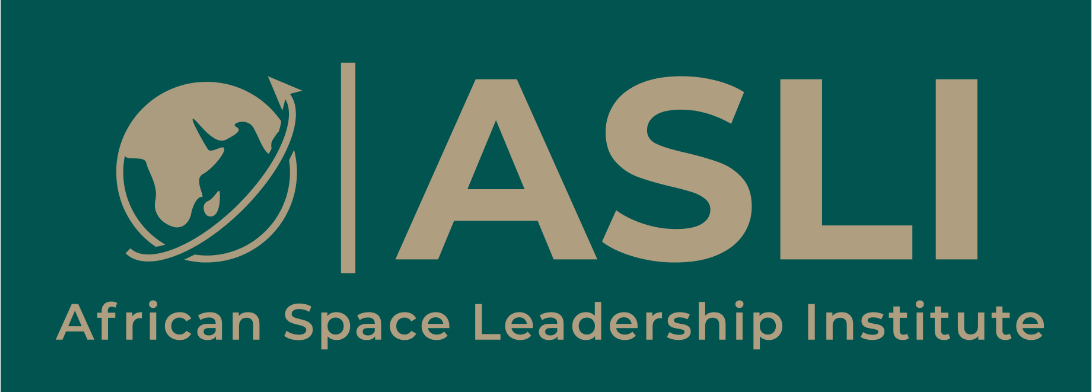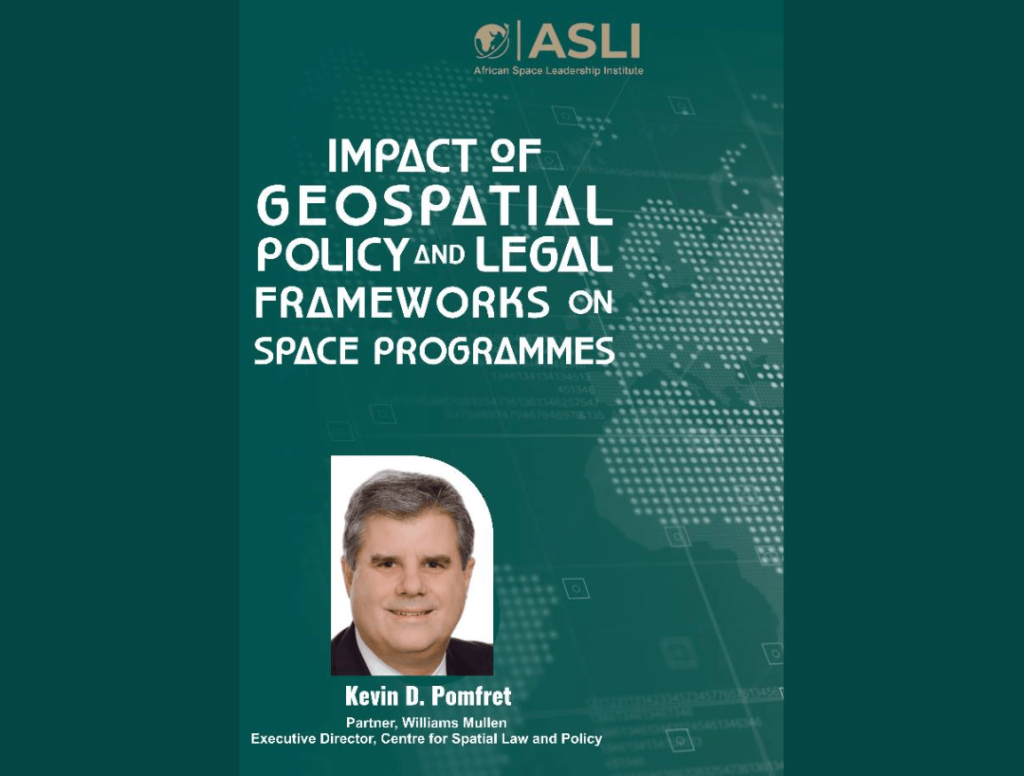
Many countries invest resources in space programmes with the aim of utilizing space-based technologies like remote sensing and Positioning, Navigation, and Timing (PNT) to benefit society. The benefits can include employment growth, addressing societal challenges such as climate change and food insecurity, and promoting sustainable urban development. However, without a legal and policy framework that supports the collection, use, and distribution of data from these technologies, the intended benefits may not be realized. Geospatial law is a new field of law that deals with the complex legal, policy, and ethical issues related to geospatial technologies that collect, use, and dissemination, including satellite remote sensing and PNT. These issues include data sovereignty, national security, intellectual property, licensing and data sharing, data quality and liability, international treaties, as well as privacy and data protection.
In this talk, Mr. Kevin Pomfret will discuss how geospatial law can impact the success of a country’s space sector. He will also draw on guidance from the United Nations Integrated Geospatial Information Framework (IGIF) and explore how it can be applied to integrating the space and geospatial communities within a country from a legal and policy standpoint.
Guest Bio
Mr. Kevin Pomfret is Partner at Williams Mullen and the Executive Director, Centre for Space Law and Policy. USA. He advises technology companies and government contractors on mergers and acquisitions, raising funds from private equity and venture capitalists, joint ventures and other corporate transactions. He also counsels companies on technology joint ventures, software and data licenses and privacy and data protection laws. As a former satellite imagery analyst, Kevin’s practice includes representing a number of companies in the space and geospatial industries. He has presented at Congressional hearings and United Nations’ committee meetings and is a member of the U.S. Department of Commerce’s Advisory Committee on Commercial Remote Sensing (ACCRES) and the UN-GGIM Working Group on Legal and Policy Frameworks for Geospatial Information Management. He is also an adjunct professor on Geospatial Law and Ethics at Johns Hopkins University and regularly conducts training and workshops across the globe on legal and policy issues associated with the collection, use, storage and distribution of geospatial information.
Kevin was recently recognized by Who’s Who Legal as an outstanding lawyer in the transport – international space and satellites market, one of only 47 attorneys selected for this honor and is listed in The Best Lawyers in America© (2021). Mr. Pomfret is a graduate of Washington & Lee School of Law and Bates College.
Play Event
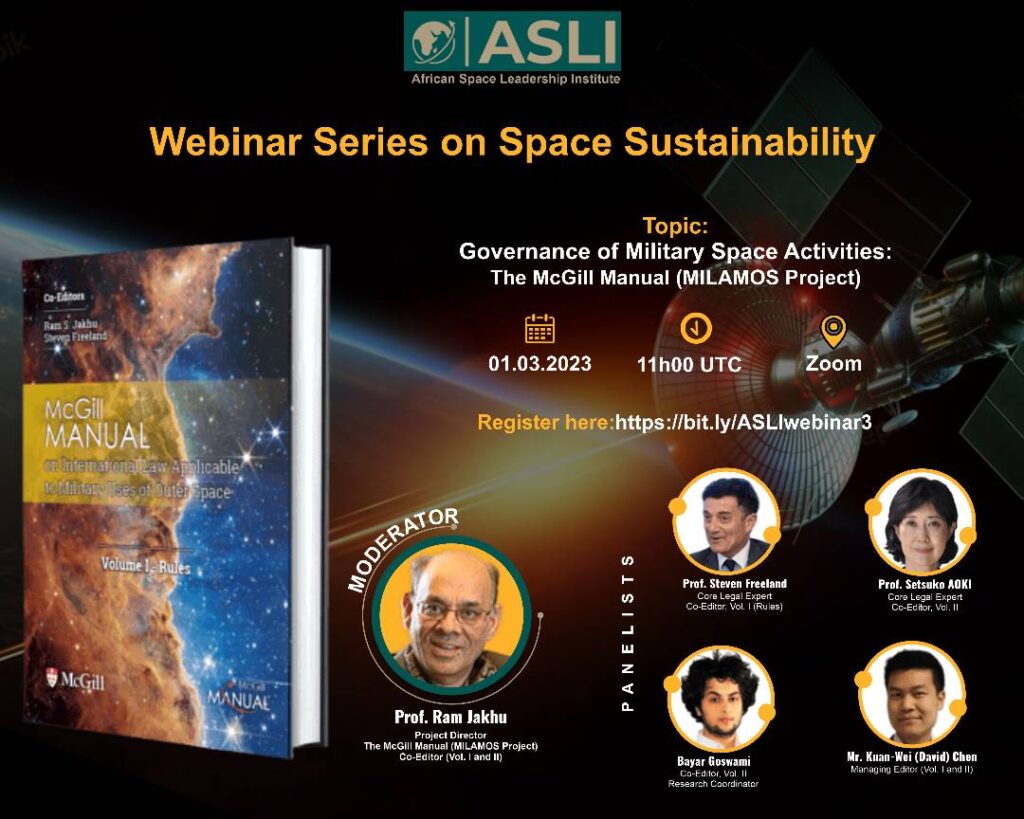
With heightened geopolitical tensions on Earth, and stalled multilateral efforts at stemming the weaponisation of outer space, the potential extension of an armed conflict to outer space can no longer be dismissed. As modern societies, economies and militaries depend heavily on space applications and technologies for numerous socio-economic, scientific, and strategic needs, it is imperative that this global commons remains free from conflict. Indeed, the ongoing work of the United Nations Working Group on the Long-Term Sustainability of Outer Space Activities, and the Open-Ended Working Group on Reducing Space Threats, highlight the common recognition that outer space must be explored and used in a safe, secure and sustainable manner in accordance with the international rules-based order.
The McGill Manual on International Law Applicable to Military Uses of Outer Space (McGill Manual) aims to clarify international law as it applies to outer space and military uses of outer space. Now published Volume-I of the McGill Manual contains 52 Rules focussed on issues of critical importance to space activities conducted during peacetime and in times of rising tension that pose challenges to peace. The Rules reflect the lex lata (law as it is) applicable to different aspects of military space activities, which have been formulated and drafted through an elaborate and well-defined process of consensus-building and consultation with governments and space stakeholders across the globe. These Rules are the product of the shared vision of an international consortium of renowned practitioners and academics that a restatement of existing international law will serve to restrain actions and behaviours that might otherwise lead to the commencement of an armed conflict that would have devastating consequences across the globe. The McGill Manual: Volume II – Rules with Commentaries is aimed to be published later this year.
Through this webinar, members of the African Space Leadership Institute (ASLI) as well as Editors of the McGill Manual aim to raise awareness on the McGill Manual’s drafting process, its outcomes, and potential contributions towards the enhancement of the rule of law and space governance. Third in the series of webinars organised by ASLI, these webinars are primarily directed at ensuring the conduct of space activities, including military space activities by African States are in line with regional and multilateral efforts at enhancing space sustainability. This is also directed at promoting the mission of ASLI, i.e. to develop Africa’s capabilities and capacity in space policy, strategy, law, governance and leadership.
Ram S. Jakhu - Bio

Ram S. Jakhu
Ram S. Jakhu has over 40 years of experience in space law and policy and currently is a tenured Full Professor at the Institute of Air and Space Law, Faculty of Law, McGill University, Montreal, Canada. He teaches and conducts research in international space law, law of space commercialisation, space safety and security, national regulation of space activities, law of telecommunications, and public international law. He is the Project Director and Co-Editor of the McGill Manual on International Law Applicable to Military Uses of Outer Space (MILAMOS Project); Project Director and Editor-in-Chief of the McGill Encyclopedia of International Space Law, and Research Director on Project on Space Laws and Policies in South Asia. He was the Project Director and Principal Investigator of an international and interdisciplinary study entitled as Global Space Governance: An International Study (Springer, 2017). He served as the Director of the McGill Institute of Air and Space Law; Director of McGill Centre for Regulated Industries; First Director of the Master of Space Studies Program of the International Space University; member of the Global Agenda Council on Space of the World Economic Forum; member of the Board of Directors of International Institute of Space Law (IISL); and member of the Canadian Human Rights Tribunal. In addition, he has been providing consultation to several private and governmental entities and drafting national laws and regulations in various countries. He authored three books, over 130 articles, 70 research reports and edited 13 books, including the one that received the 2011 Book Award from the International Academy of Astronautics. In 2022, he received the “Excellence in Supervision and Mentorship Award” from Graduate Law Student Association of the Faculty of Law of McGill University, in 2016 the “Leonardo da Vinci Life-Long Achievement Award” from the International Association for the Advancement of Space Safety and in 2007 the “Distinguished Service Award” from the IISL for significant contribution to the development of space law. He holds Doctor of Civil Law (Dean’s Honours List) and Master of Laws (LL.M.) degrees from McGill University, Canada as well as LL.M., LL.B., and B.A. degrees from Panjab University, India.
Steven Freeland - Bio

Steven Freeland
Steven Freeland is Emeritus Professor of International Law at Western Sydney University, where he was previously the Dean of the School of Law, and Professorial Fellow at Bond University. He also holds Visiting or Adjunct positions at various other Universities/Institutes in Copenhagen, Vienna, Toulouse, Hong Kong, Montreal, Kuala Lumpur, Vancouver, Mumbai and London. Prior to becoming an academic, he had a 20-year career as an international commercial lawyer and an investment banker. He is a government-appointed Member of the Australian Space Agency Advisory Board and has been an advisor to the Australian, New Zealand, Norwegian and several other Governments on issues relating to national space legislative frameworks and policy. He represents the Australian Government at Committee on the Peaceful Uses of Outer Space (UNCOPUOS) meetings and, in June 2021, was appointed by UNCOPUOS as Vice-Chair of a 5-year ‘Working Group on Legal Aspects of Space Resource Activities’. He has also been a Visiting Professional within the Appeals Chamber at the International Criminal Court, and a Special Advisor to the Danish Foreign Ministry in matters related to the International Criminal Court. He is a co-Principal of specialised space law firm Azimuth Advisory and is also a Director of the International Institute of Space Law, a Member of the Space Law Committee of the International Law Association and a past Member of the Space Law and War Crimes Committees of the International Bar Association. In 2022, he was presented with a ‘Lifetime Achievement Award’ by the International Institute of Space Law, the highest accolade awarded by that institution. In addition to co-Editing the Annotated Leading Cases of International Criminal Tribunals book series, he also sits on the Editorial Board / Advisory Board of several internationally recognised academic journals.
Setsuko Aoki - Bio

Setsuko Aoki
Dr. Setsuko AOKI is Professor of Law at Keio University Law School, Japan since April 2016. Previous positions include: Professor of Law (2004-2016) and Associate Professor of Law (1999-2004), Faculty of Policy Management, Keio University, Japan; Associate Professor (1995-1999) and Assistant Professor (1994-1995), School of Social Science, National Defense Academy, Japan (1994-1999); and Assistant, Faculty of Law, Rikkyo University, Japan (1991-1993).
She specializes in public international law especially space law and arms control. She obtained Doctor of Civil Law (D.C.L.) from McGill University, Montreal, Canada in June 1993. She has B.C.L. (1983) and LL.M. (1985) from Faculty of Law and Graduate School of Law, Keio University, Japan.
She is a vice-president of the International Institute of Space Law (IISL) (since October 2017). She is also a vice-president of Japan Association of Disarmament Studies (since May 2021) and a director of the Japanese Society of International Law (since July 2022). She is the Chair of the Experts Committee for the Economic Security Promotion Act and its Implementation Plans, Cabinet Secretariat of Japan (since November 2021). Previously, she was the Chair of the Legal Subcommittee of the United Nations Committee on the Peaceful Uses of Outer Space (UNCOPUOS) (2020-2021 session); and she was also a member of the Committee on the National Space Policy (CNSP), Cabinet Office of Japan (July 2012 – July 2022).
Her main English articles published since 2021 include: “Nationality of the Space Object as an Indispensable Device for the Exploitation of the Moon and Mars, Proceedings of the International Institute of Space Law 2021 (Eleven, 2022), pp. 67-78; “The Implications of the Registration of Space Objects in the 2020s: Possibility of the UK and Dutch Practice in Enhancing Registering Space Objects”, in Comitato Promotore, (eds.), Liber Amicorum Sergio Marchisio, vol. II (Editoriale Scientifica, 2022), pp. 943-957; “The Use of Force and Planetary Defense”, in Irmgard Marboe, (ed.), Legal Aspects of Planetary Defense (Brill/Nijhoff, 2021), pp. 209-225; and “State Responsibility Facing the Growing Diversity of Space Projects and Actors: The Case of Satellite Deployment from an International Space Station”, in Maritetta Benkö and Kai-Uwe Schrogl (eds.), Outer Space Future for Humankind (Eleven, 2021), pp. 393-411.
Bayar Goswami - Bio

Bayar Goswami is an Arsenault Doctoral Fellow at the Institute of Air and Space Law, McGill University. Prior to advancing his research career as a doctoral fellow, Bayar finished his LL.M. in Air and Space Law at McGill University and his first law degree at Nirma University, India. Among other honors and awards, Bayar is a recipient of Erin J.C. Arsenault Fellowship for both his Doctorate and Masters research and notably was also awarded the Assad Kotaite Graduate and Postdoctoral Fellowship by the United Nations’ International Civil Aviation Organization. Presently, as the Principal Researcher and Associate Editor, Bayar is involved in the project to curate the McGill Encyclopedia of International Space Law at SpaceLawPedia.com and is also playing a key role, as the Research Coordinator, in the research and publication of the now published McGill Manual on International Law Applicable to Military Uses of Outer Space (McGill Manual: Volume I – Rules), and the Co-Editor for McGill Manual: Volume II – Rules with Commentaries. Bayar has made significant contributions to leading research undertaken at McGill, like the International Study on Global Space Governance and the Space Security Index, 2016 and 2017 (SSI) and has also made notable presentations at numerous international forums including the UN COPUOS and the UN/Germany High-Level Forum. Bayar has been a TEDx Speaker and is continuously working for the development and promotion of space law and is passionate about fueling discussions about the social sciences of outer space.
Kuan-Wei Chen - Bio

Kuan-Wei Chen
kuan-wei.chen@mcgill.ca
Mr. Kuan-Wei (David) Chen is the Managing Editor of the McGill Manual on International Law Applicable to Military Uses of Outer Space (McGill Manual, https://www.mcgill.ca/milamos/).
Kuan-Wei was formerly the Executive Director of the McGill Centre for Research in Air and Space Law (2017-2022), the Editor of the Annals of Air and Space Law (2012-2015), and a Sessional Lecturer at the Faculty of Law of McGill University. He served as the Co-Chair of the Ad-Hoc Remote Sensing Space Systems Act Advisory Committee, and has been an invited speaker at various international workshops and conferences, including ones organised by United Nations.
He holds an undergraduate degree in Law and Politics from the School of Oriental and African Studies (SOAS), University of London, an LLM (cum laude) in Public International Law from Leiden University and an LLM in Air and Space Law from the Institute of Air and Space Law, McGill University. He is currently the recipient of an Australian Government Research Training Program scholarship and is pursuing a PhD in Space Law and Human Rights at Bond University.
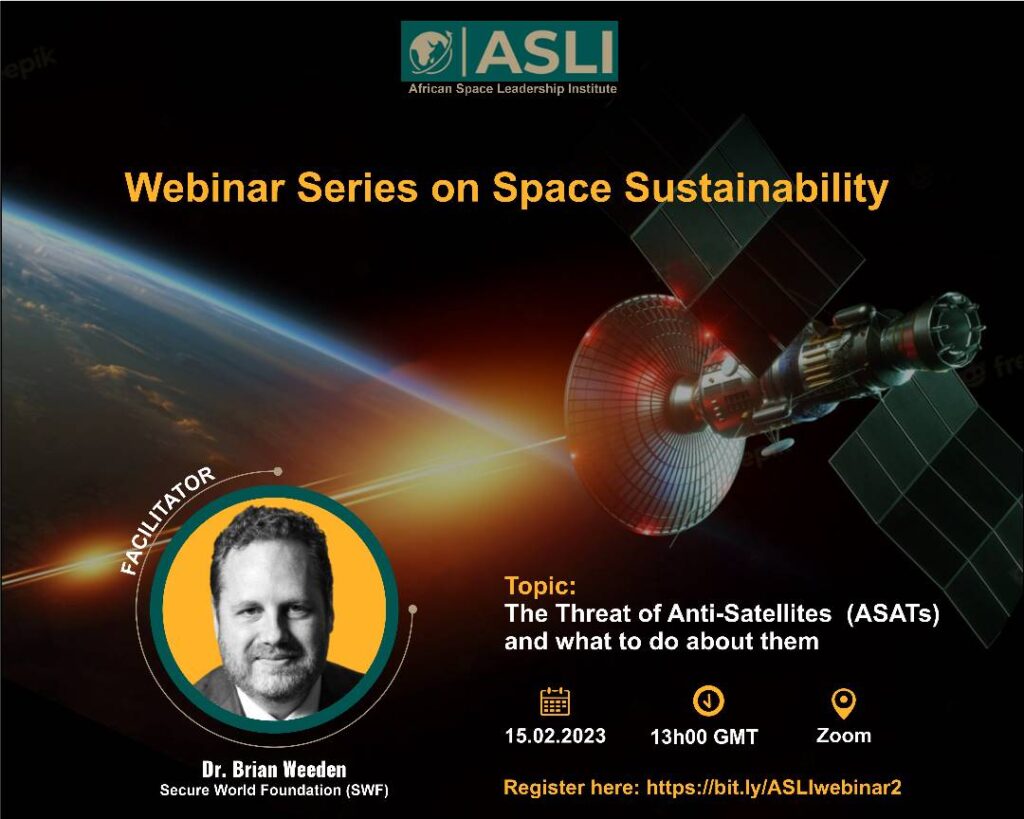
A growing number of countries are developing and testing anti-satellite and other counterspace capabilities, which threatens the long-term sustainability of space activities and ability to use space by all. This lecture will review the history of these technologies, what has changed recently and how they are being tested, and the current policy and legal proposals for how to mitigate or prevent future testing.
The webinar will be facilitated by Dr. Brian Weeden.
Guest Bio
Dr. Brian Weeden is the Director of Program Planning for Secure World Foundation and has more than 20 years of professional experience in space operations and policy.
Dr. Weeden directs strategic planning for future-year projects to meet the Foundation’s goals and objectives, and conducts research on space sustainability issues. He is a member and former Chair of the World Economic Forum’s Council on the Future of Space Technologies, a former member of the Advisory Committee on Commercial Remote Sensing (ACCRES) to the National Oceanic and Atmospheric Administration (NOAA), and the current Executive Director of the Consortium for Execution of Rendezvous and Servicing Operations (CONFERS). Prior to joining SWF, Dr. Weeden served nine years on active duty as an officer in the United States Air Force working in space and intercontinental ballistic missile (ICBM) operations.
Dr. Weeden holds a Bachelor’s Degree in Electrical Engineering from Clarkson University, a Master’s Degree in Space Studies from the University of North Dakota, and a Ph.D. in Public Policy and Public Administration from George Washington University in the field of Science and Technology Policy.
Play Event
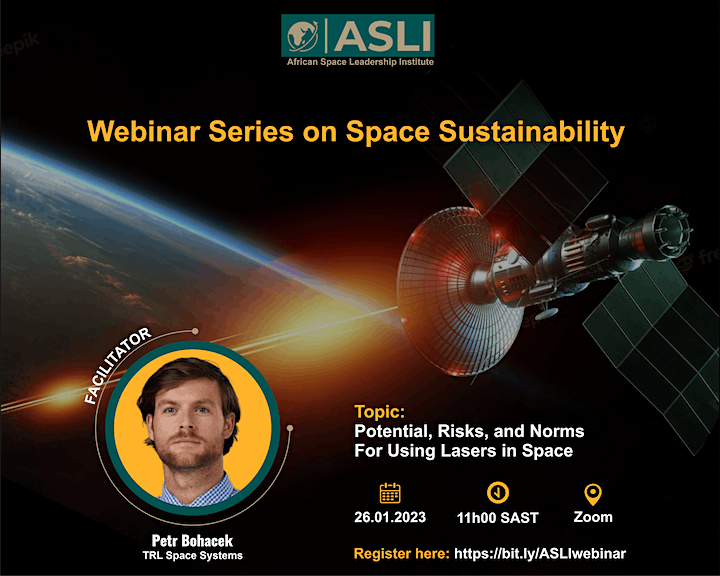
Laser technology offers numerous potential benefits in space in areas from space traffic management and communications to space resource utilization, planetary defense, and interstellar travel. These benefits are matched by the number of safety and security risks arising from the absence of norms and rules of responsible use of lasers in space. This can include intentional and unintentional misuses of otherwise benign technology.
This webinar will cover some technical parameters of the beneficial use of laser use in space, before characterizing their dual-use/multi-use nature and potential intentional and unintentional misuses. Further, the webinar will point out existing practices and platforms for addressing risks related to laser use in space.
The webinar will be faciliated by Petr Bohacek.
Guest Bio
Petr Bohacek is a co-owner and space strategy manager at TRL Space Systems, where he leads the Lunar Geology Orbiter mission and identifies uses of space technology for addressing global challenges. Petr has worked on developing laser applications for space at the Czech Institute of Physics, and as a space technology and policy researcher at the European University Institute and Charles University, focusing on space mining and planetary defense. He has a background in the think tank industry and private intelligence as a security policy analyst.
Play Event
Webinars Schedule
| Mon | Tue | Wed | Thu | Fri | Sat | Sun |
|---|---|---|---|---|---|---|
|
1
|
2
|
3
|
4
|
5
|
6
|
|
|
7
|
8
|
9
|
10
|
11
|
12
|
13
|
|
14
|
15
|
16
|
17
|
18
|
19
|
20
|
|
21
|
22
|
23
|
24
|
25
|
26
|
27
|
|
28
|
29
|
30
|
31
|
